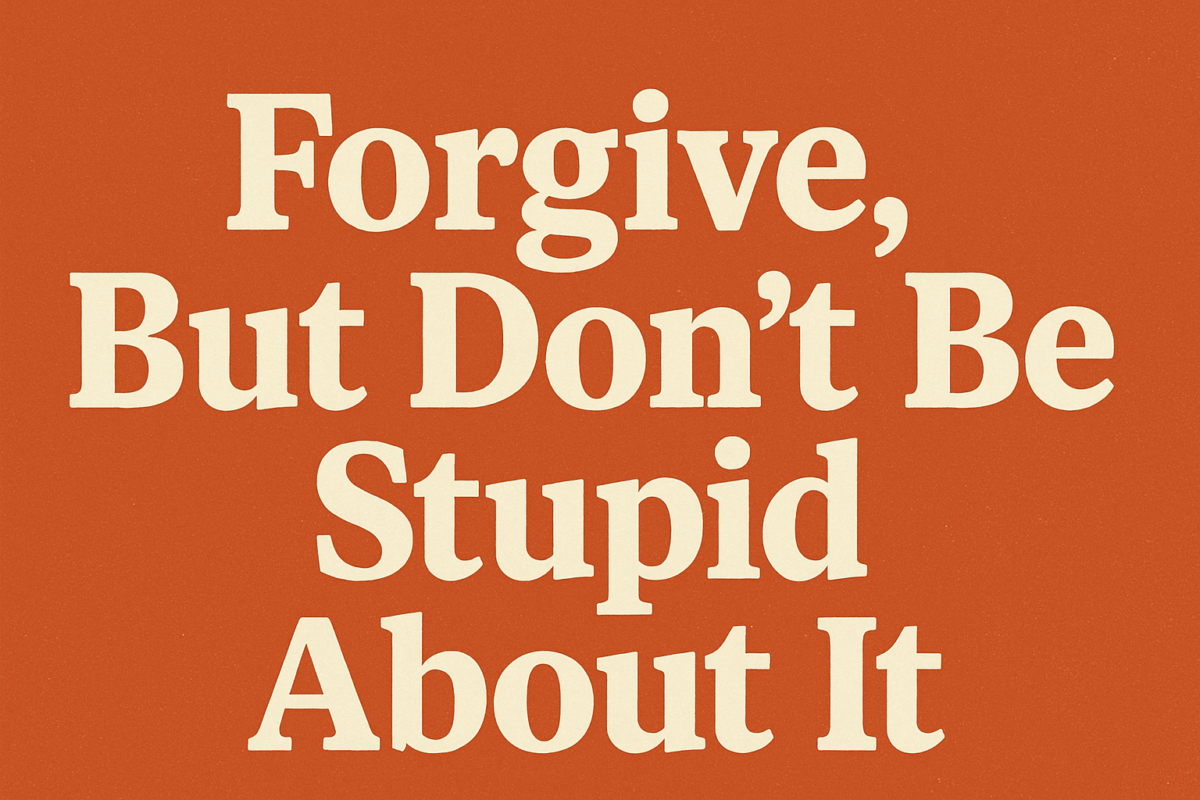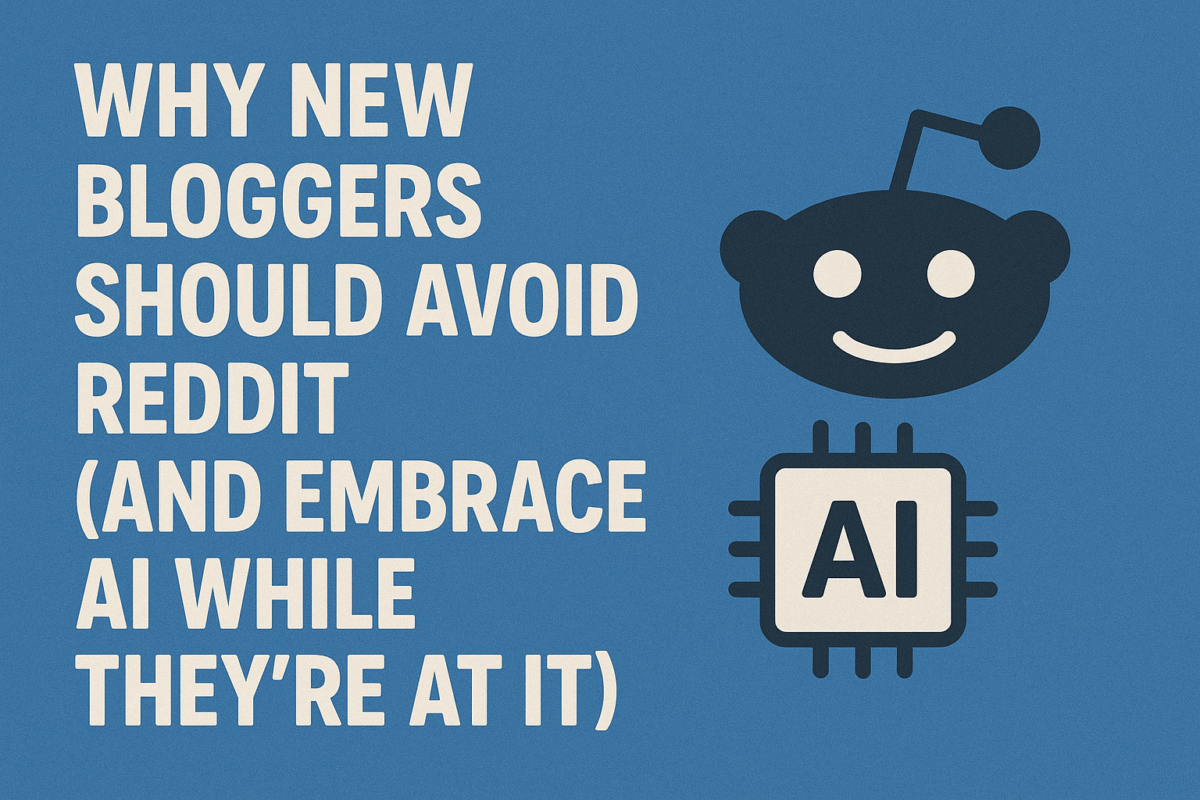There’s a popular strain of advice that treats forgiveness and amnesia as the same thing. Forgive and forget. Let it go. Don’t hold grudges. Move on.This is halfway to wisdom and halfway to being a mark.Yes, forgiveness is healthy. Carrying rage around like a backpack full of rocks will destroy you from the inside out. Bitterness is acid that eats through its own container. All of that is true.
But forgetting? Forgetting is how you end up making the same mistake twice. And the second time, you don’t even have ignorance as an excuse.
The Lesson Is the Point
Bad experiences aren’t just things that happen to you. They’re data. Information about how the world works, how people behave under pressure, what you should avoid, who you can trust.Deleting that data in the name of “moving on” is like paying for an expensive education and then burning your notes. You paid the tuition—in pain, in time, in whatever you lost. The least you can do is keep what you learned.
When someone shows you who they are through their actions, that’s not gossip or speculation. It’s evidence. They demonstrated something true about their character under real conditions. Maybe they lied when it benefited them. Maybe they disappeared when you needed help. Maybe they talked about you behind your back, or threw you under the bus to save themselves.
Whatever it was, you now know something about them that you didn’t know before. Forgiveness means you’re not going to carry hatred for them. But forgetting means you’re volunteering to be surprised by the same behavior again.
Pattern Recognition Is Survival
Your brain is a pattern-matching machine. It’s trying to keep you alive by recognizing dangerous situations before they fully develop. When you touch a hot stove, your brain encodes that lesson hard and fast because the alternative is getting burned repeatedly.
Social pain works the same way, even if the scars are less visible. Someone who betrayed your trust once has revealed something structural about how they operate. Maybe they were having a bad year. Maybe they’ve changed. Maybe there were mitigating circumstances.
Or maybe they’re exactly who they showed themselves to be, and ignoring that pattern is just setting yourself up.People love to talk about second chances, and sometimes second chances make sense. But there’s a difference between giving someone another opportunity and pretending the first incident never happened. The former is compassion. The latter is willful blindness.
Who You Spend Time With Matters
You can forgive someone and still decide they don’t get access to your life anymore. These aren’t contradictory positions.Forgiveness is internal. It’s about releasing your own anger so it doesn’t poison you. But boundaries are external. They’re about protecting your time, energy, and peace of mind from people who’ve proven they’ll damage those things.Your close circle—the people you actually spend time with, confide in, collaborate with—should be chosen carefully. Not because you’re a snob, but because influence is real and osmosis is real and you become some average of the people you’re around most.
If someone in your circle steals from you, lies to you, undermines you, or proves unreliable when it matters, you can forgive them without making them your breakfast companion for the next decade. You can wish them well from a distance. You can harbor no ill will. And you can also choose to fill that slot in your life with someone who hasn’t demonstrated those particular failure modes.This isn’t cruelty. It’s curation. You’re not running a rehabilitation center. You’re trying to build a life.
The Fool’s Tax
Making the same mistake once is education. Making it twice is a choice.When you know better and do it anyway—when you let the same person burn you again, when you ignore the red flags you already catalogued, when you override your own experience because you want to believe things will be different this time—you’re not being generous. You’re being foolish.
And foolishness has a cost. It costs time you won’t get back. It costs opportunities you could have had with better people. It costs the erosion of your own judgment, because every time you ignore your instincts and get burned, you trust yourself a little less.The universe doesn’t owe you anything, but it does offer lessons. When you refuse to learn them, you just end up paying for the same class over and over.
Memory Is Not the Same as Resentment
There’s a confusion here that needs clearing up. Remembering what happened isn’t the same as being unable to move forward. You can remember that someone proved themselves untrustworthy and still feel no active anger toward them.The difference is in what you do with the information. Resentment is rehearsing the grievance, replaying it, letting it occupy mental real estate. Memory is simply having accurate data about someone’s character and making decisions accordingly.One is an emotional wound that won’t heal. The other is practical risk management.
When someone asks why you’re not closer with so-and-so anymore, you don’t need to launch into the story. You don’t need to badmouth them. You can just think to yourself: “I know what I know.” And then make choices that reflect that knowledge.
Grace Has Limits
It’s fashionable to treat all boundary-setting as evidence of an unforgiving heart. If you cut someone off, people will say you’re being harsh. If you maintain distance from someone who hurt you, they’ll accuse you of holding a grudge.This is emotional blackmail dressed up as wisdom.You can extend grace without extending access. You can forgive someone’s past behavior without betting your future on their reformed character. You can be civil without being close. You can wish someone well without trusting them with anything that matters.
Real grace actually requires good boundaries. Without them, you just become a renewable resource for people who are willing to take advantage. That’s not virtue—it’s dysfunction.
Keep the Receipts
In practical terms, this means: remember who showed up and who didn’t. Remember who kept their word and who found excuses. Remember who celebrated your success and who seemed threatened by it. Remember who you could call at 3 AM and who couldn’t be bothered to return a text.Not to weaponize it. Not to lord it over people. Not to maintain some elaborate scorecard of debts and grievances.
But to know. To have clarity about the landscape of your relationships. To make informed decisions about where you invest your limited time and trust.Life is too short to keep relearning the same lessons. And it’s definitely too short to surround yourself with people you already know will let you down when it matters.
Forgive people. Release the anger. Don’t let bitterness calcify in your chest. All of that is real and important for your own wellbeing.But don’t forget. Don’t pretend past behavior isn’t predictive. Don’t ignore clear patterns because acknowledging them feels uncharitable. Don’t give someone unlimited chances to demonstrate the same character flaws.You get one life. The people in it should be there because they’ve earned the spot, not because you’re too polite to remember why they shouldn’t be.Forgiveness is about freeing yourself. Memory is about protecting yourself. You need both.

